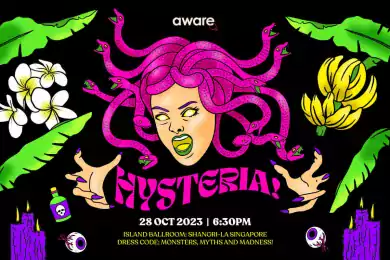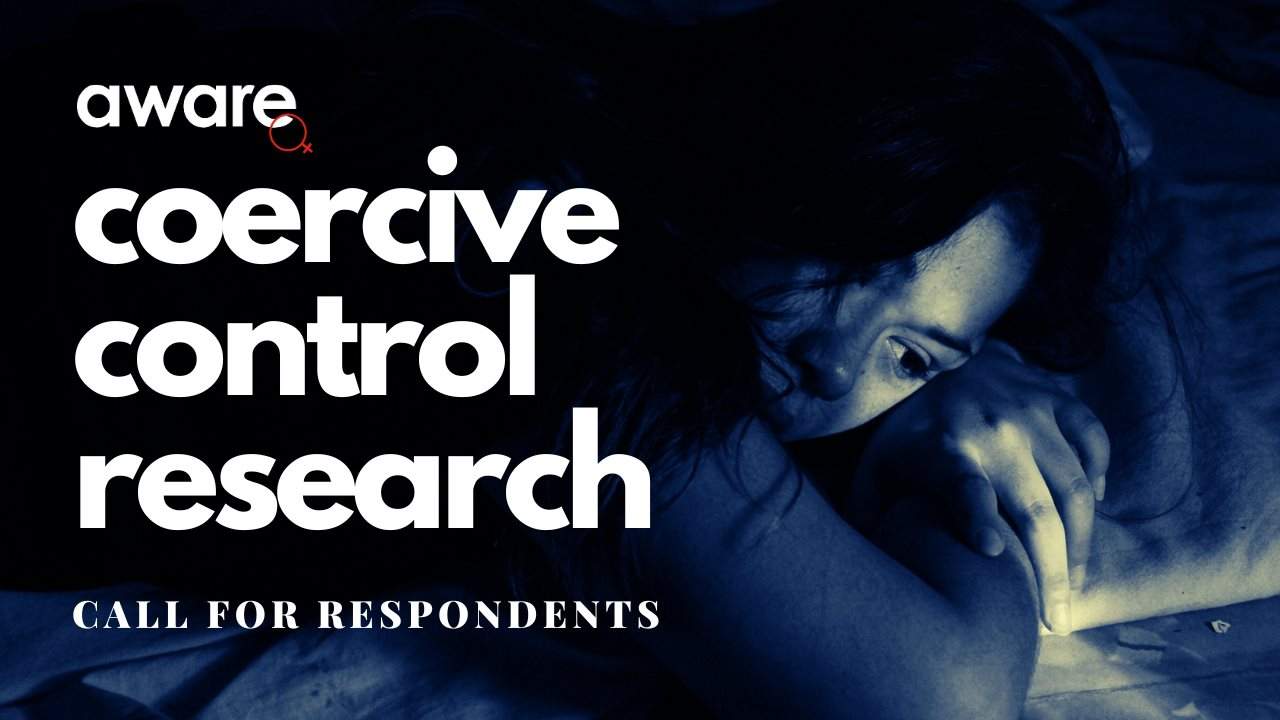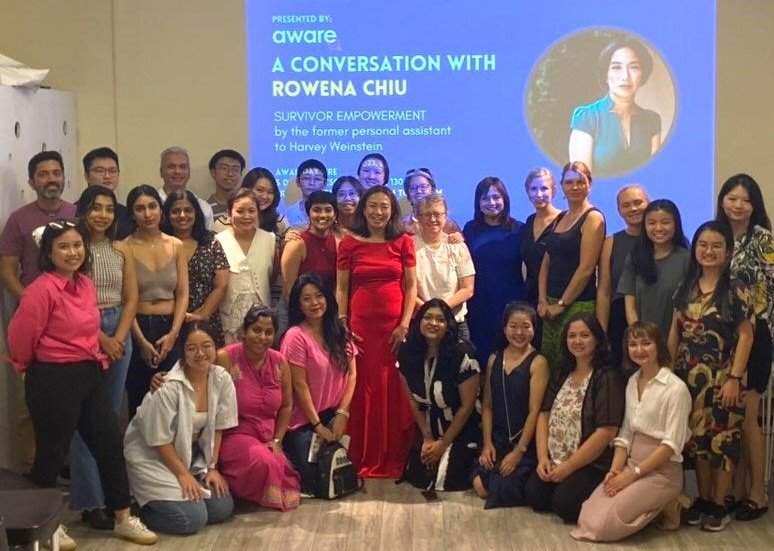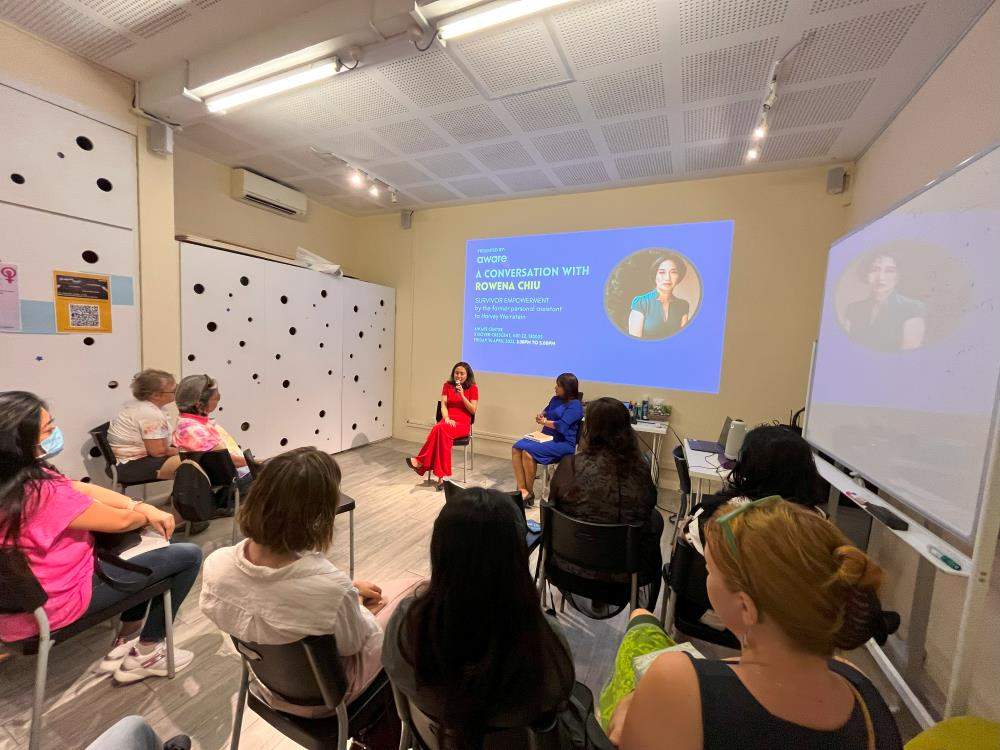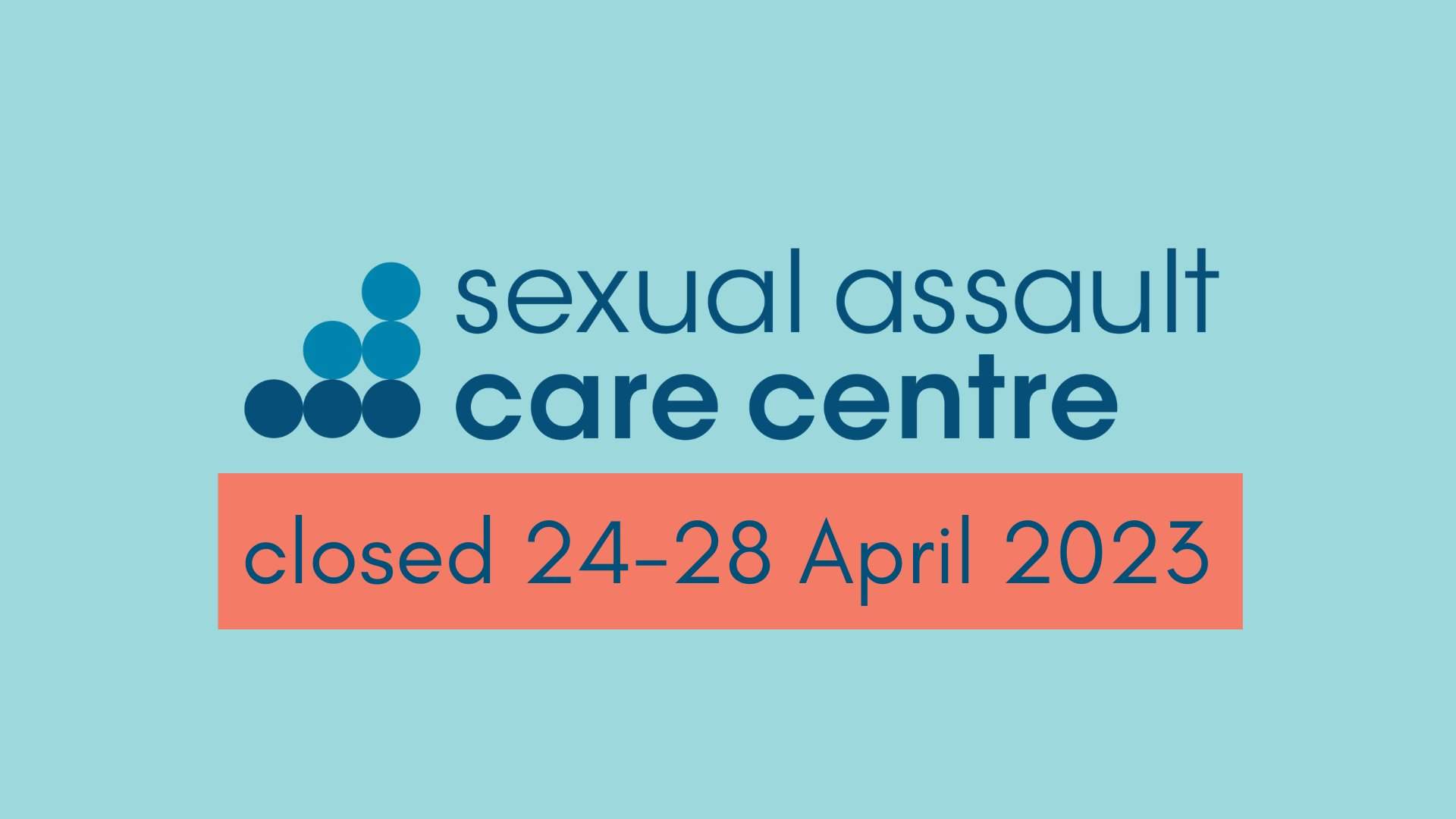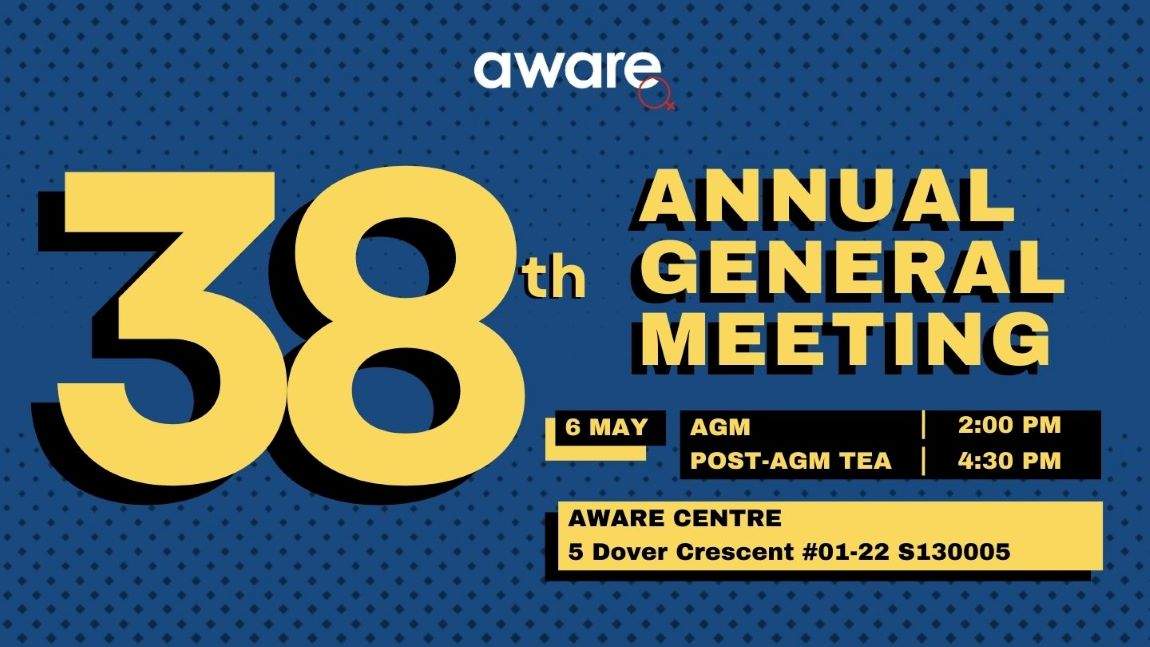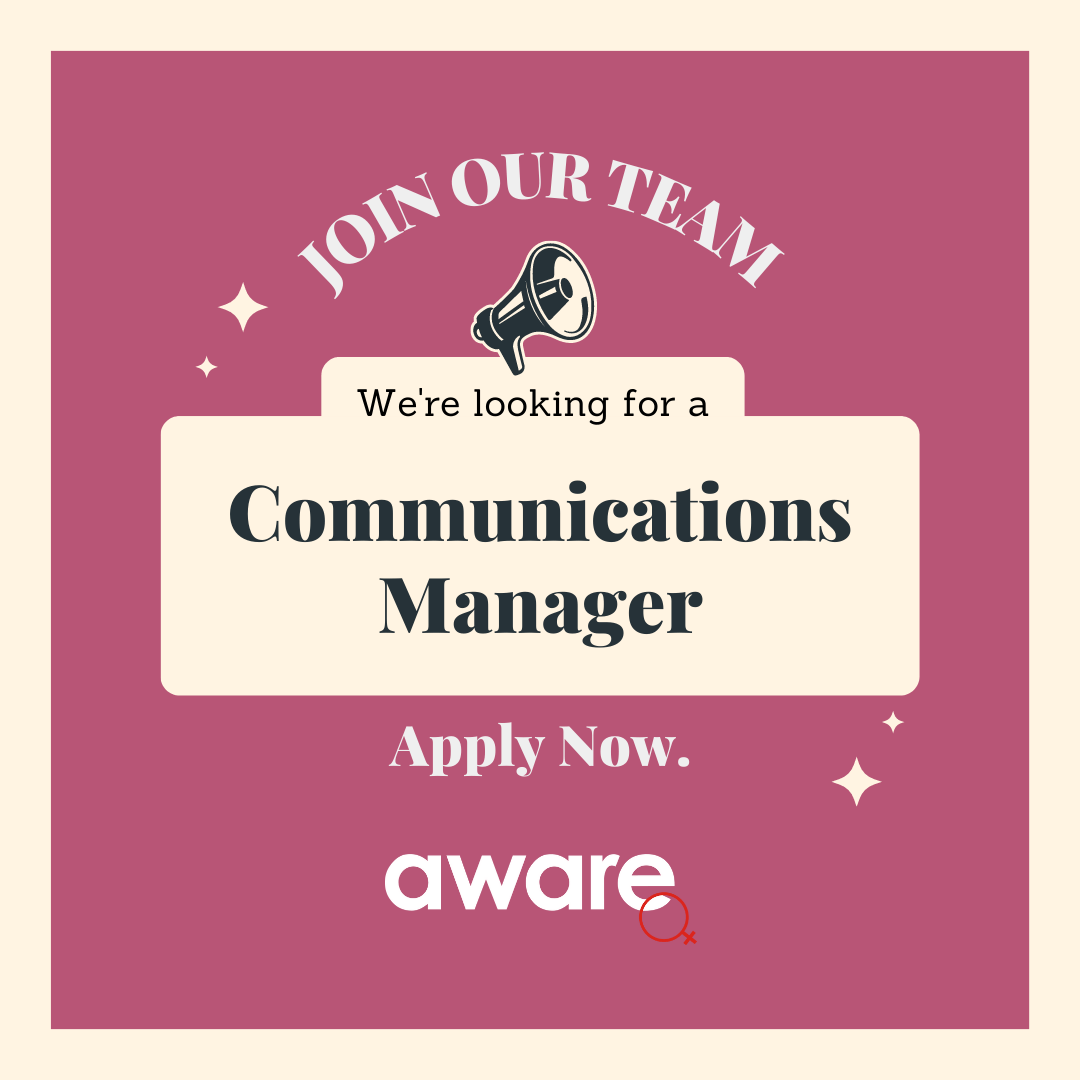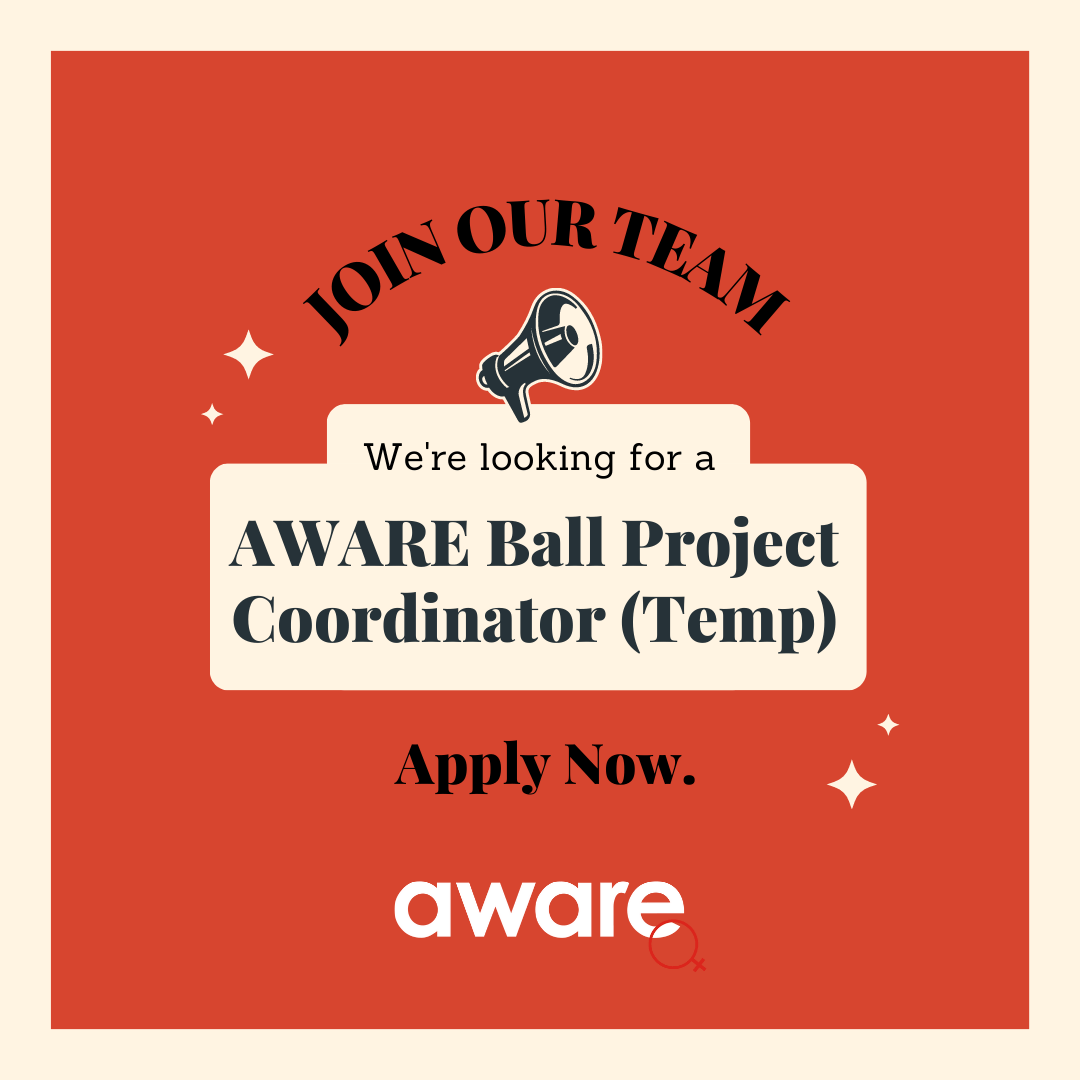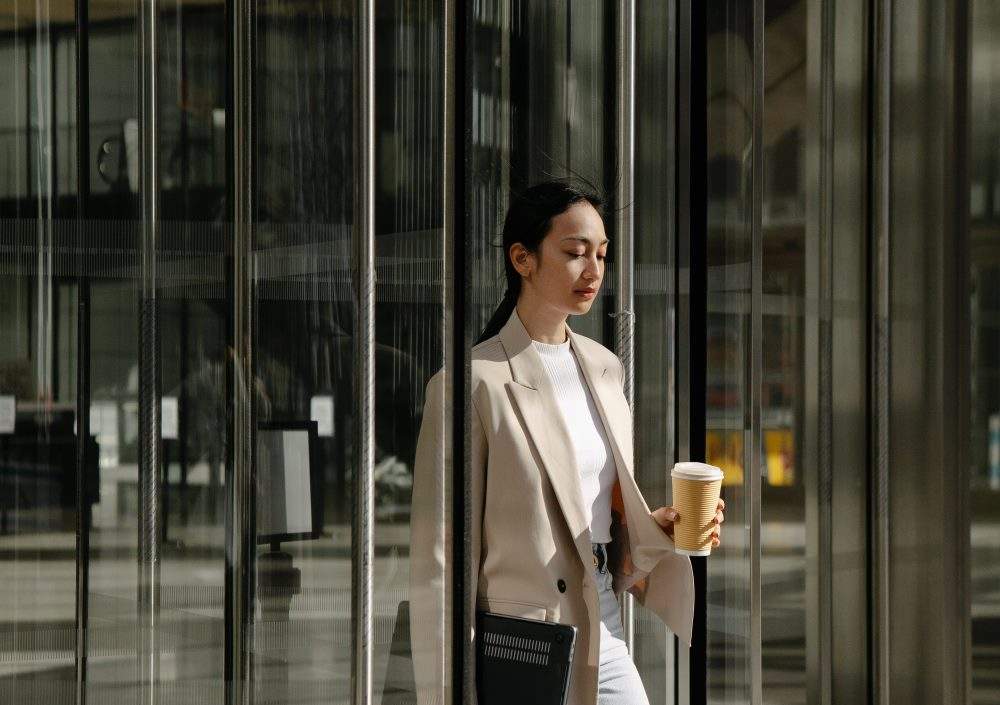
This op-ed was originally published in The Straits Times on 22 March 2023.
When we think of workplace fairness, we most likely imagine a work environment where everyone has an equal chance to succeed, and where employees are given the same opportunities and resources, regardless of their personal characteristics.
But this ideal environment is a far cry from the reality of Singapore today, where – as a 2022 national survey by the Association of Women for Action and Research (Aware) and Milieu Insight found – 55 per cent of workers had experienced at least one form of discrimination in the previous five years, including on the grounds of race, age and gender.
Anti-discrimination in the workplace is in the spotlight after a list of proposals was recently unveiled for the planned Workplace Fairness Legislation, set to be introduced in 2024.
In its interim report on the Bill, the Tripartite Committee on Workplace Fairness (TCWF) said it proposes to ban discrimination related to five key characteristics: age; nationality; sex, marital status, pregnancy status, and caregiving responsibilities; race, religion and language; as well as disability and mental health conditions.
However, as feminists and long-time anti-discrimination advocates, Aware has repeatedly called for universal protection for all workers, against all forms of discrimination. This is in contrast to the Government’s targeting of specific characteristics to protect against discrimination at work.
Though their objectives are the same, these approaches can look quite different in practice. We examine them in greater depth – and make the case for why protecting women, and other vulnerable persons, at work rightfully means protecting everybody.
The targeted approach to workplace fairness
While the universal approach to workplace fairness aims to ensure equal access for everyone, the targeted approach aims to meet the needs of specific population groups. It involves ensuring that unfair advantages cannot creep into hiring, promotion and other employment decisions, by having policies preventing this such as salary bands, blind recruiting, extension of flexible work arrangements to caregivers and provision of dependant care leave for those with dependants.
The strength of this targeted approach is that it can be tailored to the different needs of different groups. The main drawback is that targeting specific communities through policy can result in them being viewed as a special group with unique perks – leading to further hostility against them.
For instance, the right to request flexible working for parents of young children was introduced in the United Kingdom in 2003. Yet, it caused those parents to be seen as workers with benefits and perks others did not have.
A 2009 Equality and Human Rights Commission report found that employers sometimes even denied parents flexible work arrangements for fear of increasing resentment among other workers. And a 2011 report on flexible work described the “belief that flexible working is only of benefit to parents and carers and consequently for women” as they did most of the caring role. Some workers were concerned that working flexibly would therefore “harm their career prospects”.
How did the UK government tackle this problem? With a universal approach to workplace fairness.
The right to request flexible working was gradually opened up to other workers, starting with caregivers in 2007 and parents of older children in 2009, and eventually all in 2014. The opening up of the benefit meant that parents, particularly mothers, were less singled out as receiving benefits.
The universal approach to workplace fairness
Under the universal strategy, “fairness” focuses on protected activities, rather than protected characteristics. When organisations, for example, extend their leave policies to all workers, and not just those with family responsibilities, the protected activity in this case is time off. This recognises that, after all, mothers are not the only workers who need time off from work throughout the year.
There are circumstances that call for either targeted or universal approaches, and they need not be mutually exclusive. Some may find that universal policies afford less flexibility, providing a “one-size-fits all” programme. Yet, the approach also has a number of advantages. For one, it does not require policymakers to get caught up in defining protected characteristics and running the risk of entrenching fixed notions of, for example, “gender” or “disability” in law.
Also, the universal approach doesn’t inadvertently stigmatise any one group, and so attempts to sidestep the potentially destructive effects of identity politics. It avoids exacerbating the resentment that, for example, many working mothers assisted by Aware’s Workplace Harassment and Discrimination Advisory have faced from colleagues when they need to leave work early to tend to sick children, or store personal items such as breast pumps in the office.
This is why feminist groups like Aware have historically advocated for the right for all employees to request flexible work arrangements in Singapore, too. While working mothers, typically saddled disproportionately with childcare responsibilities, may have the most pressing need for such flexibility, the right grants everyone the same benefits.
The positive knock-on effects of protecting women in the workplace ultimately protect everyone. Similarly, while workers with mobility issues might have the most urgent needs for automatic doors or ramps, those office features ultimately are useful and convenient for everyone.
To most effectively increase workplace fairness in the long run, therefore, legislators and employers would do well to look beyond targeted approaches, and instead craft fairness policies that are universal by default.
Thinking outside the box
Other components, too, contribute to successful workplace fairness interventions, and workers’ perception that they belong to organisations that truly value them.
Take information. Are organisational changes, policies, work plans and strategies – information that should be available to all – readily accessible, or are they unevenly available, such as to some managers and leaders but not others? Lack of transparency and access to information fuels resentment and suspicion, which can lead to people quitting their jobs.
Another aspect of fairness is recognition. Are all employee contributions consistently recognised in the same manner? Or are there notable discrepancies in, for example, promotions and performance bonuses?
Safety at work also contributes to fairness: not just physical safety, but psychological safety. Fair workplaces create a culture where it is safe to speak out about workplace concerns, challenges or conflicts.
Similarly, all employees should be encouraged to apply for internal (and external) opportunities for which they believe themselves qualified. A system that encourages peer recommendations – not just top-down managerial ones – can democratise access to opportunity.
Why this matters to everyone in society
For employers, it is important to know that perceptions of fairness are the core driver of retention, engagement and performance in a workforce. They determine if employees will make an extra effort to achieve organisational goals or team objectives, or if they will slide into the professional apathy known as “quiet quitting” – or worse, resignation. A 2022 study found that perceptions of employee fairness around the world increased employee retention by 27 per cent, and performance by 26 per cent.
Clearly, Singapore’s workplace fairness Act should be comprehensive. Yet if Singapore does choose to take the targeted approach, it should still cover as many groups of workers as possible – instead of excluding certain communities by leaving, for example, sexual orientation, gender identity and gender expression off its list of protected characteristics.
We have a long way to go to undo the corrosive effects of unfair treatment in the workplace, and establish truly fair and equal workplaces here – for women, LGBTQ+ persons and everyone.
Corinna Lim is executive director of Aware.
